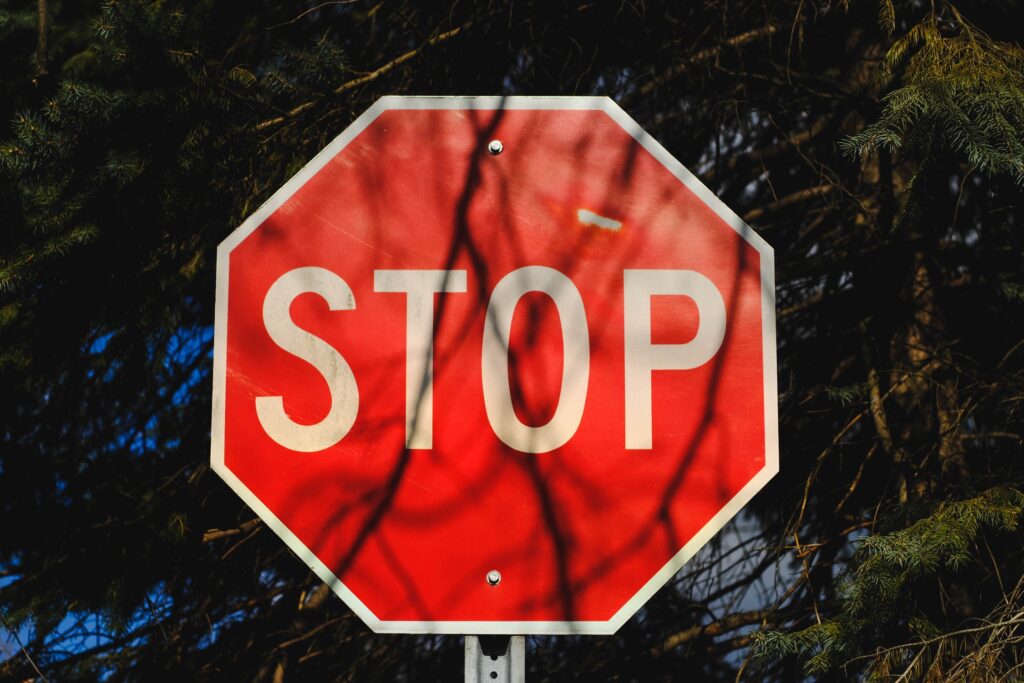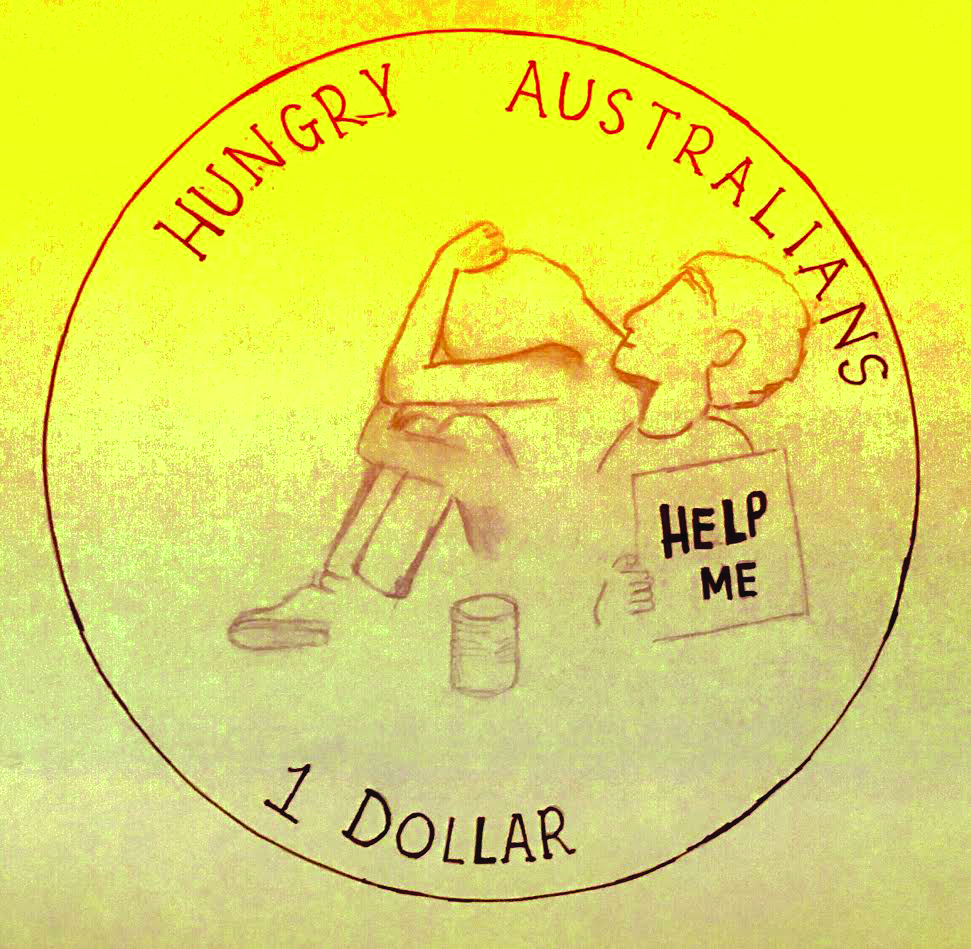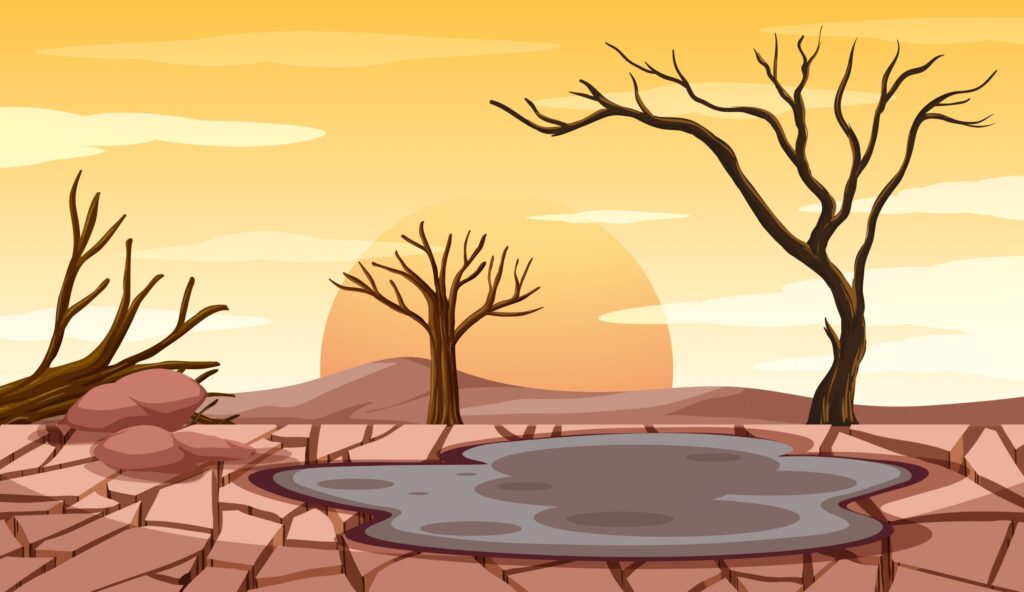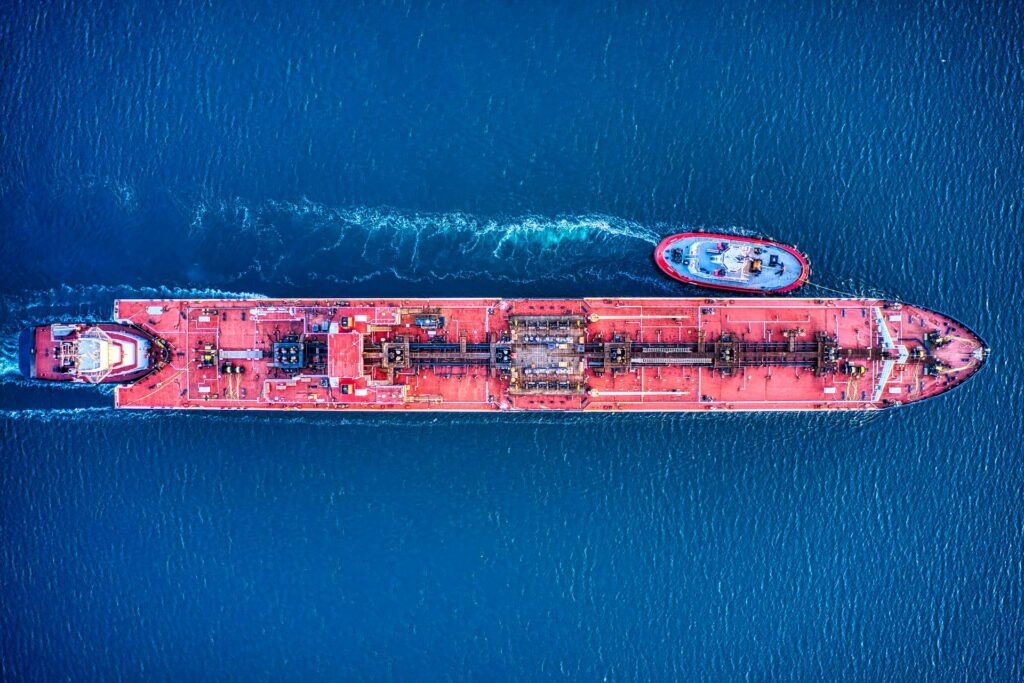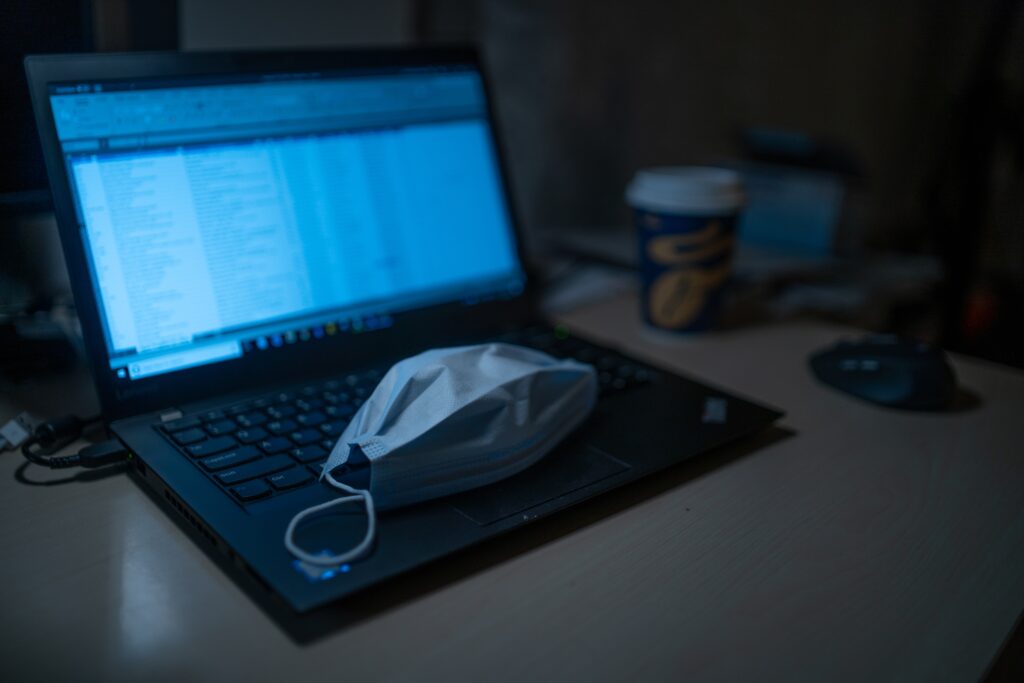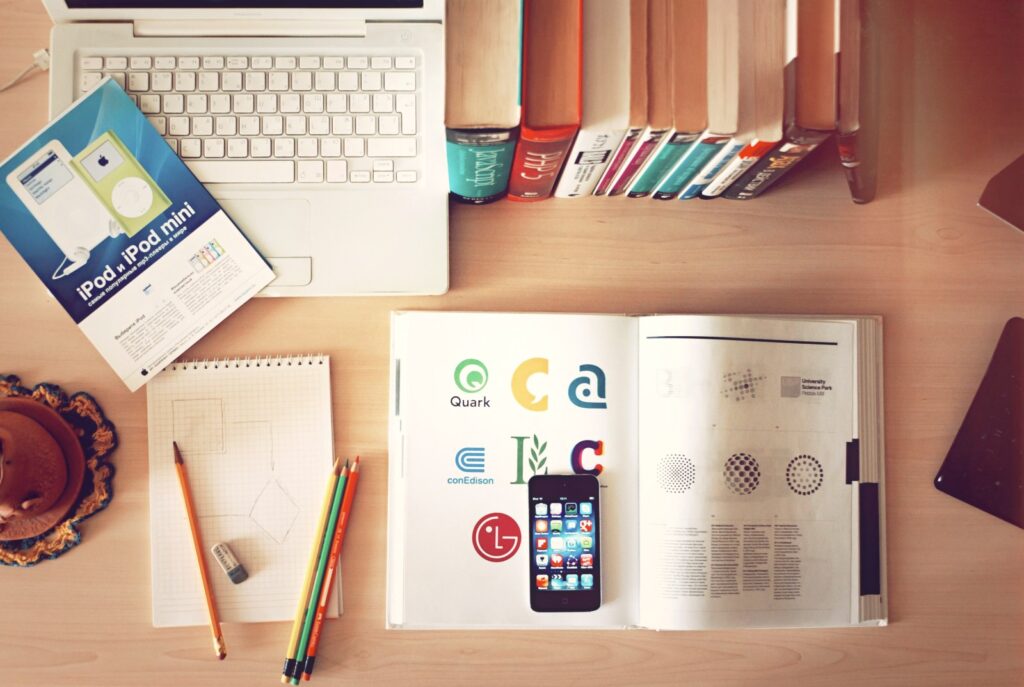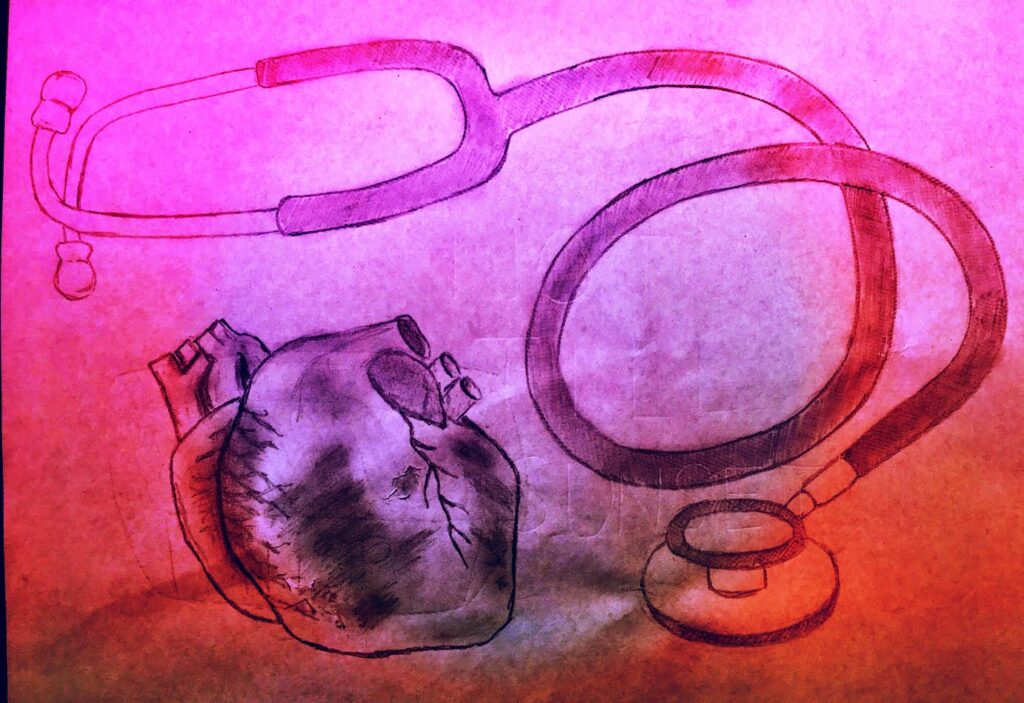Coronavirus: How Will it Affect the Global Economy?
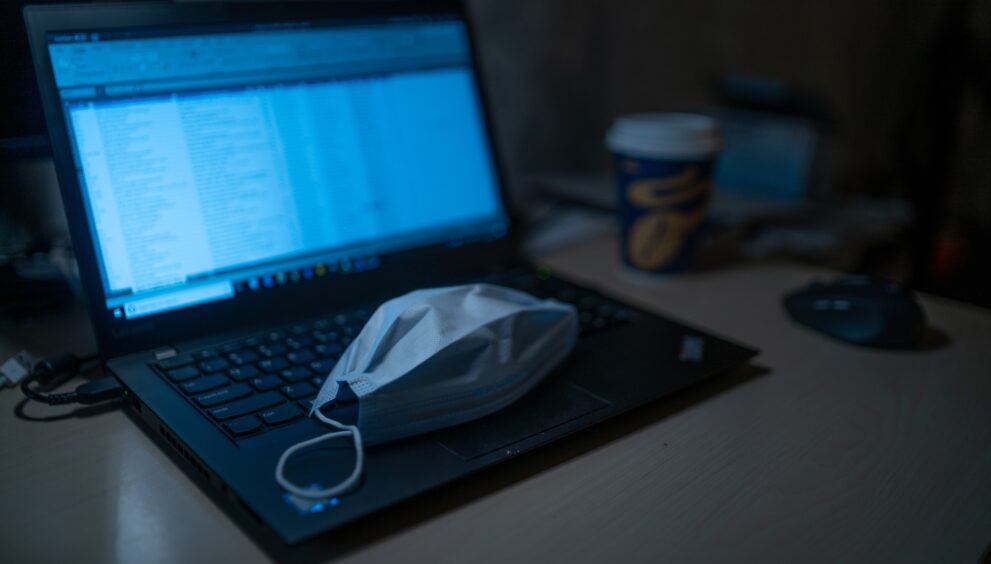
Scores of Chinese cities are in lockdown, businesses are closed, and millions are banned from travelling. For the second time in two decades, China faces a pandemic (a large global outbreak of an infection), which is raising alarm. Regrettably, on the eve of the new year, the World Health Organisation (WHO) recorded that the virus was first reported from Wuhan seafood and live animal market in China.[1] Just a month ago, this virus, called 2019-nCoV, was unknown to science. With over 14,000 reported cases worldwide and rising, it is still early days as there are certain health considerations which have yet to be understood.[2] So, what will be the price that China will have to pay from the coronavirus and what is the fate of the global economy more generally?
Human impact: How did the virus spread?
In a typical market in China, a variety of diverse and unusual foods can be found. This can include live snakes, turtles, cicadas, guinea pigs, bamboo rats, badgers, hedgehogs, otters, palm civets, and even wolf cubs.[3] The chaos of the trade enables the spread of zoonotic diseases, which spread from animals to humans.
A coronavirus is a group of viruses that cause disease in mammals (such as humans) and birds. This new contagion has ominous similarities to the 2003 outbreak of Severe Acute Respiratory Syndrome (SARS) which killed nearly 800 people and infected thousands more.[4] Coronaviruses consist of a core of genetic material, enclosed within an envelope of protein spikes, which resembles a crown (or, in Latin, corona).[5] They are part of a large group of viruses that cause respiratory diseases and, occasionally, gastrointestinal symptoms. Diseases can range from the common cold to pneumonia, which can be fatal.
The novel coronavirus is a fatal flu-like virus which originated from bats, and jumped to another mammal – though which one is not yet clear. Some have questioned whether it may have been transmitted from the Asian palm civets, a cat-like creature prized as a delicacy in southern China.[6] Their consumption, alongside numerous other wild game, is driven as much by the desire to flaunt wealth as it is by the superstitious belief of the presumed health benefits of certain wildlife.[7] It is unknown how many live wildlife markets exist in China, but experts believe there could be hundreds. Consequently, this has led to calls internally and externally for China to improve regulations or put an end to this unconventional kind of culinary adventurism.
That is not to say that all marketplaces harbour unsanitary health practices. The reality is more nuanced. To many Chinese, consuming wild animals is a cultural outlier. For instance, in the city of Guangzhou, consuming the yellow-breasted bunting is exceedingly common.[8] Whilst, in Beijing, it’s exceedingly rare. Nevertheless, such marketplaces create the perfect environment for new and emerging diseases which have never been seen before. Viruses adapt from one carrying host to another, and the coronavirus is no exception. Notoriously devastating diseases include HIV, Ebola, Nipah, Hendra, and SARS have all leapt from wildlife to humans, spawning international outbreaks.
When China sneezes, the world catches a cold…
The famous catch-phrase first coined by Metternich, a distinguished 19th-Century Austrian diplomat, seems perfectly befitting given the circumstances. China has been brought to a standstill during Chinese Lunar New Year holidays; generally regarded as one of the most vibrant times of the year. The WHO has declared this virus a ‘global health emergency’ as China is bracing itself for a dramatic slow-down in its economic growth. Indeed, Chinese authorities are concerned about the nation’s economic fragility, as the country struggles with slow growth following a trade war with the USA. To minimise oversea exposure, Chinese authorities have banned citizens from joining international tour groups and have placed more than 50 million of its population in lockdown.[9] Subsequently, as a result this leaves one of the world’s largest economies essentially idle.
Since the 2003 SARS outbreak, Chinese authorities have improved their response time considerably. The difference between then and now has been significant. China’s economy is a colossal giant transforming from the world’s sixth-largest economy to the second largest.[10] In 2003, when the SARS virus hit, China’s GDP was a modest $1.6 trillion. Today, China’s GDP sits around $13 trillion.[11] China’s economy is also critical to the health of the global economy.
The world’s most populous nation has become integral to nearly every sector of the global economy. It is the world’s largest manufacturer and imports globally more crude oil than any other country.[12] Stock markets in China have seen a dramatic fall as traders rushed to sell. Goldman Sachs has forecast that the virus could knock Chinese growth down to 5.5% for the year, from 6.1% in 2019, with knock-on effects for the rest of the world economy.[13] Given the world’s reliance on China, the damage to the global economy is all the more relevant and consequential.
International economic downturn
China’s neighbours have been acutely impacted by the crisis. Overseas tourism is a lucrative industry for nations such as Thailand, which is a popular destination for Chinese tourists. Thailand is expected to see two million fewer visitors from China over the next three months and Japan has already received tens of thousands of cancellations.[14] South Korean President Moon Jae-in’s administration held emergency meetings to discuss the economic implications of the virus amidst growing concern of the fiscal fallout. With numerous confirmed cases of the virus, South Korea’s Finance Ministry approved tougher penalties for the hoarding of protective masks to prevent the spread of disease. [15]
Neighbouring Hong Kong, which is already in recession after months of anti-government protest, has also seen the virus permeate through its porous borders, providing the perfect economic storm. Hong Kong has already suspended cross-border rail and ferry services, yet health workers recommend total border closure with the mainland to reduce the risk of the virus spreading. Closing the border, however, would completely go against advice from global health officials. The WHO has advised against such measures, suggesting that they cause “more harm than good by hindering info-sharing, medical supply chains and harming economies”.[16] Nevertheless, countless States around the world including the USA and Australia have closed their borders to arrivals from China.
Final remarks
The emergence of several highly pathogenic zoonotic diseases in humans has led to a renewed emphasis on the interconnectedness of human, animal, and environmental health.The WHO has acknowledged the overlapping relationship between our ecosystem and human health in a multidisciplinary approach known as ‘One Health’.As health officials work frantically to contain the disease, we must assess the facts. Coronaviruses are known to circulate in a range of animals, and a spillover (the leap from one animal to another) can occur for a range of factors, such as mutation and contact between humans and animals. Certainly tighter regulation is needed for disease prevention measures in Chinese marketplaces and across the globe. There is plenty we are yet to discover, such as how the disease is transmitted and which animal exactly carried the virus prior to human infection.
So long as humans are in contact with animals,
diseases will spread. It is an inevitable part of life. However, we all have a
role to play in managing and minimising the transfer of infection. This is
especially pertinent for those that work with live animals, as they should be
trained with basic qualifications in health and safety standards. Governments
around the world must require food safety monitoring systems that identify and control biological, chemical, and physical hazards. This is
necessary for the storage, transportation, use, preparation, and sale of animal
products.
However, this harsh wake-up call has reminded us of the global ramifications
of good hygiene practices which need our attention more than ever. Indeed,
under these circumstances, the age-old saying, ‘prevention
is always better than cure’ could not be more
relevant.
[1] https://www.who.int/emergencies/diseases/novel-coronavirus-2019
[2] https://www.who.int/docs/default-source/coronaviruse/situation-reports/20200202-sitrep-13-ncov-v3.pdf
[3] https://www.nytimes.com/2020/01/25/world/asia/china-markets-coronavirus-sars.html
[4]https://www.vox.com/science-and-health/2020/1/31/21115109/coronavirus-outbreak-end-sars-comparison
[5] https://news.un.org/en/story/2020/02/1056562
[6] https://www.nytimes.com/2020/01/25/world/asia/china-markets-coronavirus-sars.html
[7] https://www.nationalgeographic.com/animals/2020/01/china-bans-wildlife-trade-after-coronavirus-outbreak/
[8] https://www.nationalgeographic.com/animals/2020/01/china-bans-wildlife-trade-after-coronavirus-outbreak/
[9] https://time.com/5775027/wuhan-coronavirus-global-economy/
[10] https://time.com/5775027/wuhan-coronavirus-global-economy/
[11] https://www.forbes.com/sites/halahtouryalai/2020/02/01/china-then-and-now-why-coronavirus-is-a-bigger-threat-to-global-economy-than-previous-outbreaks/#7ec8252b74e6
[12] https://www.bloomberg.com/news/articles/2019-12-17/china-s-oil-imports-are-most-world-s-ever-seen-and-still-growing
[13] https://www.theguardian.com/business/2020/feb/03/asia-pacific-shares-plunge-stock-markets-ftse-wall-street-uk-economy-fears-coronavirus-impact-on-global-economy
[14] https://time.com/5775027/wuhan-coronavirus-global-economy/
















